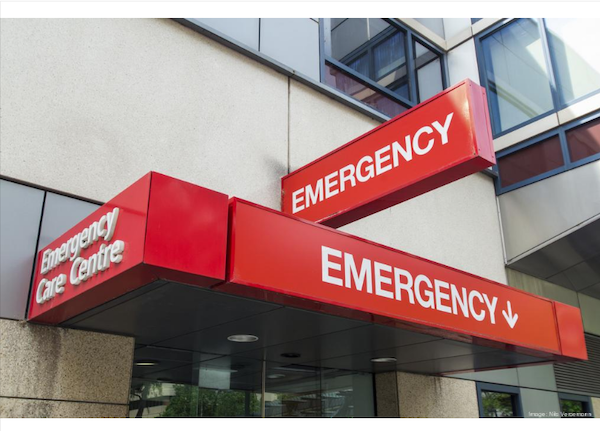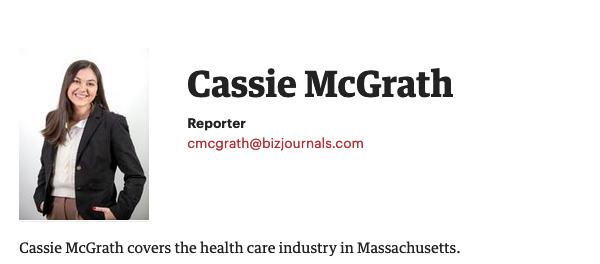CHIA: Black, Hispanic people in Mass. far more likely to visit the ER - Boston Business Journal

DATE: December 1, 2022

A new study from the Center for Health Information and Analysis found that Hispanic people and Black people are significantly more likely to visit the emergency department for non-emergency care.
Compared to white residents, Hispanic Bay Staters are 110% more likely, and Black Bay Staters are 60% more likely, to demonstrate a reliance on the ER, according to CHIA’s research.
Using the ER for non-emergency treatment is more expensive for both patient and hospital, and can strain the health care system. Overcrowding in the emergency department can increase patient morbidity and mortality, prolonged wait times, medical errors and staff burnout, according to CHIA.
Typically, reliance on the ED for health care is due to a lack of health insurance, or underinsurance, or else difficulty accessing a consistent source of health care, which is more likely due to health disparities recognized by this report.
"Notably, the magnitude of the difference in the likelihood of potential reliance on the ED among Black versus White residents is identical to the magnitude of the gap in between residents who reported being in fair or poor health or having an activity limitation," the report states. "This is particularly striking considering what is likely a greater need for more frequent emergency and non-emergency care for individuals with chronic illness or activity limitations."
The study used data from Massachusetts Health Insurance Surveys from 2015, 2017, and 2019 and the research is part of a collection of reports focused on health equity.
In addition to racial disparities, the report also found Massachusetts residents are more likely to rely on the emergency department if they are under 18, female, have an income at or below 138% of the federal poverty line or whose family’s education is less than a high school degree.
People in fair or poor health with activity limitation, meaning they have a health condition that limits mobility, people who use Medicare or other public insurance, and residents that were unable to get an appointment as soon as they needed were also more likely to use the ER.
“Understanding the causes and challenges of potential ED reliance is a crucial first step toward designing effective interventions to mitigate the use of the ED for non-emergency conditions for all patients," the report read. "These analyses would help inform policies to enhance equitable access to non-emergency health services, mitigate unmet health care needs, and reduce ED reliance, thereby improving health care access experiences for all Commonwealth residents."

